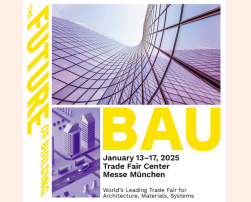
Everyone involved in the international community for planning, building and designing buildings comes together at BAU, the World's Leading Trade Fair for Architecture, materials and systems, which takes place every two years.

Everyone involved in the international community for planning, building and designing buildings comes together at BAU, the World's Leading Trade Fair for Architecture, materials and systems, which takes place every two years.
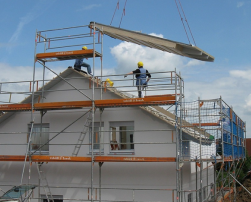
Cette formation s'adresse aux architectes, entrepreneurs et autres professionnels du bâtiment ayant une connaissance de base des systèmes de construction structurels et souhaitant élargir leurs connaissances en matière de construction durable.

The biodiversity crisis is gaining recognition in the built environment, with efforts focusing on understanding impacts, acting on known solutions, improving supply chain transparency, and learning from other sectors to drive meaningful change.
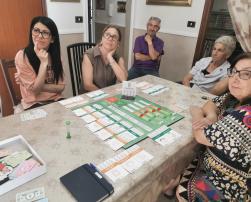
REHOUSE integrates social innovation into building renovation processes, ensuring inclusivity and sustainability.

In Q2 2024, surveys revealed rising demand for green real estate, but barriers like high costs, skill shortages, and limited progress on carbon emissions and biodiversity assessments hinder sustainability in construction, requiring stronger policies, training, and collaboration for progress.

Innovative solutions in construction are addressing challenges like waste, labor shortages, and sustainability, with advancements in water recycling, waste management, project management, and materials to improve efficiency and reduce environmental impact.
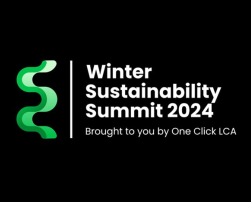
Join the world's largest free, online event to learn how material choices can drive decarbonisation in construction.

A report on South Tyrol’s transition to a circular economy highlights a workshop's findings, recommending policy reforms, stakeholder collaboration, and training to promote sustainability and innovation in the construction sector.
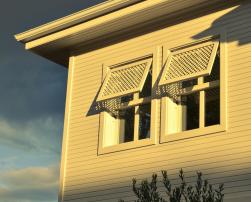
A thermal bridge catalogue for timber constructions helps estimate heat losses in passive houses, with custom calculations required for significant design deviations.

The UK construction industry’s carbon emissions, driven by embodied carbon in materials like steel, demand reforms, clear policies, and innovations like timber use to meet net zero goals. A roundtable in Birmingham discussed the Midlands' specific challenges and opportunities in achieving these targets.